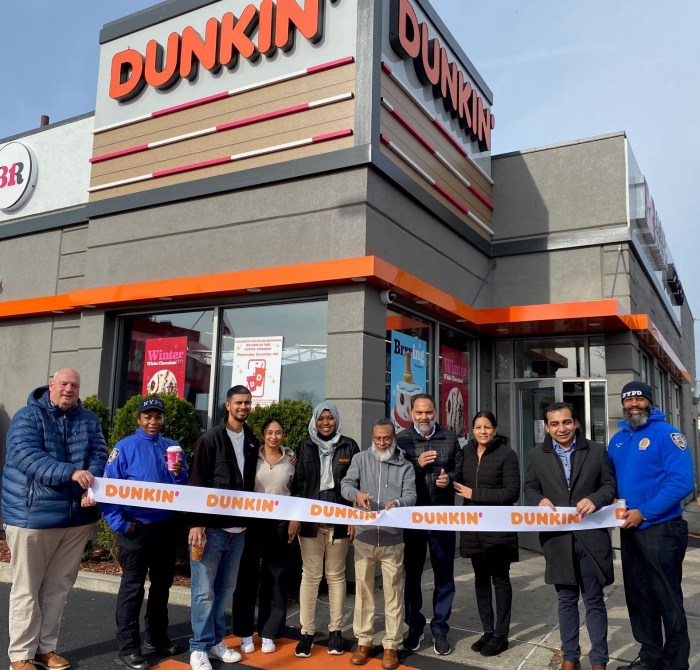We’ve all heard the phrase, “The greatest thing since sliced bread.” This commonly used hyperbolic means praising an invention or development and has been said to be the ultimate depiction of innovative achievement and American know-how.
Otto Frederick Rohwedder of Davenport, Iowa invented the first bread-slicing machine that in 1928 was first commercially used by the Chillicothe Baking Company of Chillicothe, Missouri. Their product, “Kleen Maid Sliced Bread” was said to be a success.
However, it was Wonder Bread that made a name for itself with slick marketing and advertising for sliced bread. As the first mass-marketer of sliced bread as a product, Wonder Bread launched a successful 1930s public relations campaign touting the innovation. Today when people think of white bread, they often think of Wonder.
In the world of entertainment, emerging artists like to claim they are, “The greatest thing since sliced bread” among industry peers. Few manage to prove they are, but many more never do because of no, or ineffective, marketing.
Another phrase we have heard: “It’s not about what you know, but about who you know.” That is not always true. In order to get a job done you still have to know how to do it regardless of whom you know.
I once consulted a Brooklyn rapper and his agent, both dead set on getting a rap single played by a DJ on a leading New York radio station during prime time hours. The rapper was musically talented without question, but I advised him and his agent that the chances of an unknown artist getting air time in the No. 1 radio market was slim.
I explained that stations may be less interested in talent and more interested in numbers and suggested they first get played in small markets between 2 and 5 a.m. on southern or western radio stations. Next, collect their listener demographics, i.e., age range, incomes, favorite music, shopping habits, etc.
Armed with those demographics, favorable listener responses and references from DJs and station managers, they could solicit larger market stations. With an established track record, they could probably get some press on how a Brooklyn rapper is getting countrywide radio airplay without a music contract.
Those heeded recommendations would better their chances for play on a major radio station. Stations would be impressed by their hard work and commitment, but even more impressed that they did their homework. Demographics attract advertisers, which translates into station dollars.
The agent wanted instant success without the hard work and decided to make it happen his way on his own.
If you are talented, your talent will sell itself and lead to success. But no one will know or take notice if you don’t first “PP” - develop a Package and Presentation before pitching.
Like applying for a job, you have to have a well-written resume (package) and wear a nicely tailored suit (presentation) for a job interview (pitching). It does not matter how talented you are, if you do not do these things first, your chances of getting a job are slim. In public relations, Package and Presentation are essential components to pitching.
If you possess talent, don’t fool yourself into thinking that’s all it takes to be successful. Employ the proper measures to enhance your talent with public relations.
Warren Woodberry Jr. is President of Woodberry & Associates – Public Relations. He is a former 15-year journalist who has written for New York Daily News, New York Newsday, Atlanta Journal-Constitution, Hartford Courant and Asbury Park Press. To inquire about his services, visit www.wnaconsulting.com of call 212-560-2513.


































